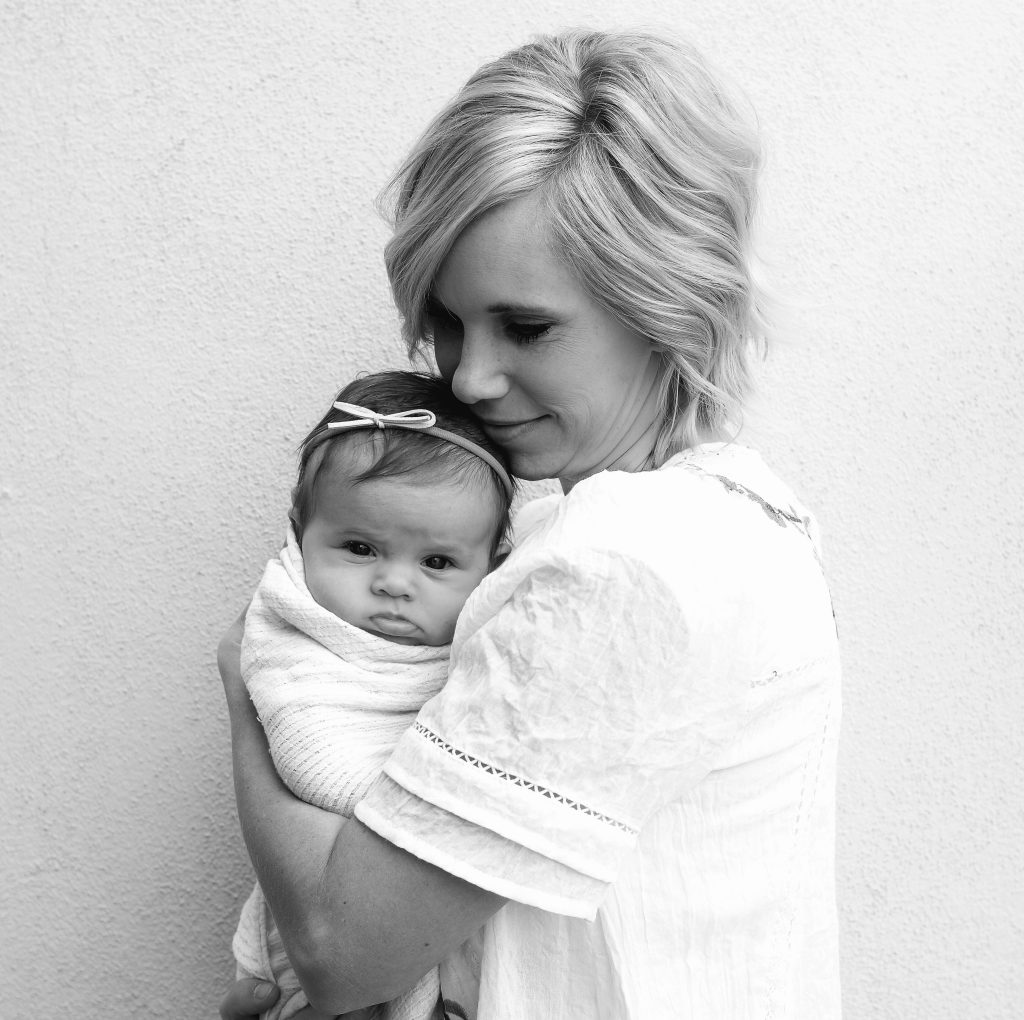 Generational trauma is a form of trauma passed down to subsequent generations through environmental factors such as psychological transference and attachment behavior according to attachment theory. The psychological impact of a traumatic event, such as historical mistreatment, cultural dislocation, physical or emotional abuse, a natural disaster, or poverty, is passed down from one generation to the next, where individuals who did not directly experience the trauma still exhibit symptoms of it due to the experiences of their ancestors or parents.
Generational trauma is a form of trauma passed down to subsequent generations through environmental factors such as psychological transference and attachment behavior according to attachment theory. The psychological impact of a traumatic event, such as historical mistreatment, cultural dislocation, physical or emotional abuse, a natural disaster, or poverty, is passed down from one generation to the next, where individuals who did not directly experience the trauma still exhibit symptoms of it due to the experiences of their ancestors or parents.
In essence, the effects of trauma ripple through a family lineage, impacting subsequent generations even if they weren’t present during the original traumatic event.
Parental communication about the event and the family dynamics and functioning appear to be particularly important in trauma transmission, which can be passed on through learned behaviors and coping mechanisms.
New research reveals that transmission is not only through parenting behavior but also encoded through epigenetic markers on genes, that is, it affects the chemical marker for a gene rather than the gene itself.
We inherit the unconscious minds of our parents. It is clear that a parent’s unprocessed shame results in shaming (often well-intentioned) of their offspring.
Children of war and holocaust survivors have had nightmares of their parents’ experience. Victims of familial abuse can similarly transfer unhealed PTSD to their children and even grandchildren.
It’s commonly known for example that addictive, codependent, and abusive behavior gets handed down transgenerationally. Trauma and codependency are often linked. It can sometimes skip a generation. It’s unclear how the repressed traumatic past experiences of a parent can enter into the mind and soul of the child.
Some research suggests that exposure to toxic stressors in utero might result in changes in brain structure and function and cause developmental delays. The long-term effects might impact learning ability and emotional regulation in later generations. Testing revealed that pregnant women, who had been close to the World Trade Center during September 11th, 2001, gave birth to babies who had elevated levels of cortisol. Thus maternal PTSD affects the embryo in utero contributing to biological risk for PTSD. Twin studies show that there is a 30% increase in vulnerability to trauma that’s passed on biologically in the nervous system.
Trauma sensitizes the nervous system to react and overreact in predictable, dysfunctional patterns. These trauma responses can hijack our life and relationships. The trauma reactions vary by generation but often include an increased sense of vulnerability and helplessness, substance abuse, dissociation, hypervigilance, intrusive thoughts, and difficulty in regulating aggression. Some additional effects are:
1. Carried guilt and shame
2. Constriction of emotions
3. Denial and silence about traumatic events
4. Parentification where the child takes on parental responsibilities
5. Enmeshment between parent and child
6. Anxiety
7. Escapist behavior, such as addictions and promiscuity
8. Parenting with shame, guilt, and abuse
9. Child has a heightened sense of responsibility
10. Increased reactivity to stress and distress
11. Low self-esteem
12. Depression and suicidality
13. Difficulty with relationships and attachment to others
In addition to trauma during pregnancy, mothers are usually responsible for most early parenting. Her experiences and those of her ancestors are transmitted epigenetically and in a symbiotic relationship with her infant and developing child. Read about the mother wound experienced by a child of a traumatized mother who may as a result have had a mental illness.
Initial research focused on the children, grandchildren, and great-grandchildren of survivors of the Holocaust and Japanese American internment camps. It has now broadened to include the impact of slavery and structural racism on Black people, as well as the historical trauma experienced by American Indian communities, the families of Vietnam War veterans, and others.
Read more on how to heal from trauma and exercises to heal the effects on your inner child.
© 2025 Darlene Lancer

Hey Darlene, Such an insightful read. It’s amazing how trauma can affect multiple generations, even without direct experience. Thanks for shedding light on this important topic.
You may like my poem Mother Wounds in my recent book, Unfettered Soul.